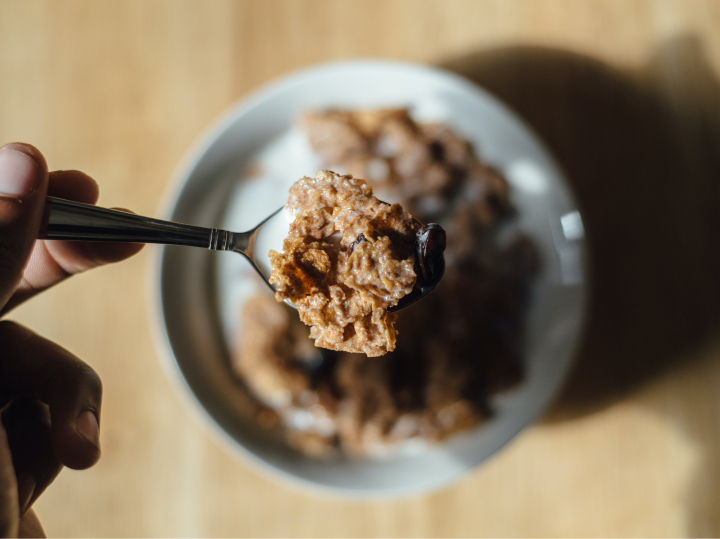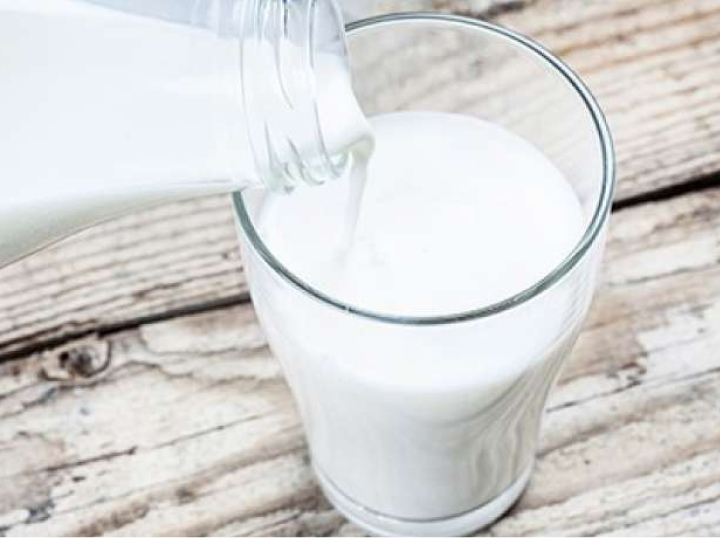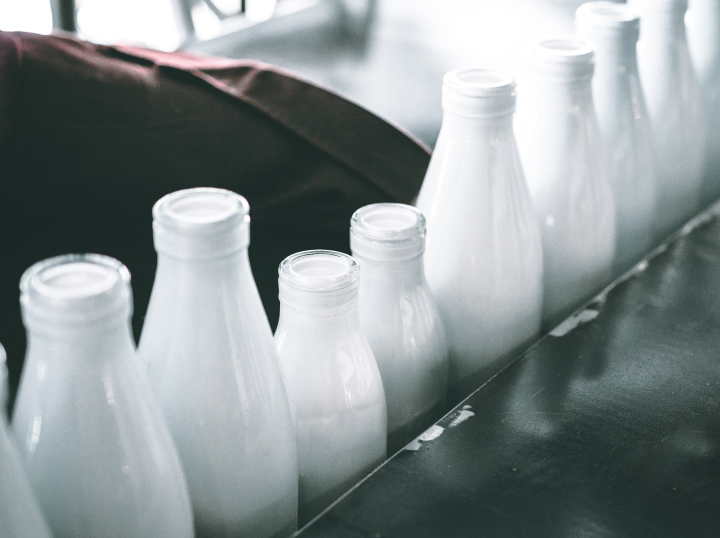The Sugar In Dairy Milk Is Nothing To Fear. Here’s Why.
By Pro Basketball Player and Registered Dietitian
Briana Butler Yes, dairy milk contains natural sugar – but that’s really nothing to worry about. Though there’s a raft of misinformation floating around the web, I’m here to tell you that the sugar found in dairy milk is as natural as the very cows making the stuff. I’m not a sports dietitian for nothing – trust me!

Here are the facts
Milk contains 12 grams of sugar per cup – and that holds true whether we’re talking about whole milk, 2% milk, 1% milk or skim milk.
Still, that shouldn’t give you pause when you’re standing in the dairy aisle poring over the nutritional labels on milk cartons. As Everyday Health reports, “one of the unfortunate side effects of the widespread campaign against added sugar has been misplaced concern over the natural sugar found in milk.”
Sugar is energy
Real milk contains lactose, a sugar that occurs naturally and is responsible for that subtly sweet and delectable taste. But it’s important to note that real milk also has 13 essential nutrients, including vitamin D, potassium, zinc, and calcium. These nutrients are an important part of staying healthy and strong: they help you build muscle, strengthen bones, and maintain a healthy immune system.
Added vs. natural sugar
The key is that the lactose found in milk is not the same as added sugar, which adds sweetness without the nutrients. If you check out the label on cartons of soy, almond, rice or coconut milk, you’ll likely find that sugar, and in some cases several grams of sugar, has been added for taste.
The problem with added sugar? It adds calories to your day without adding any nutritional benefits. Translation? Over time, extra calories from sugar can lead to potential weight gain, increased triglycerides and can wreak havoc on your dental health, increasing the likelihood of cavities.
Milk sugar’s effect on blood sugar
While drinking large amounts of added sugar can lead to a blood sugar spike then crash, the same is NOT true with milk! In addition to the 12 grams of sugar in milk, it also contains eight grams of high-quality protein per cup. Protein takes longer to break down, which helps blunt a blood sugar spike.
What does this mean? It means milk’s natural combination of carbohydrates and protein makes it ideal for stabilizing blood sugar and ultimately stabilizing energy throughout the day. And not only that, studies have shown a link between drinking milk and a reduced risk of type 2 diabetes.
How sugar fuels activity
When it comes to exercise, sugar is your friend! Pre-workout, it provides a quick source of energy that your body can use to fuel activity. Including milk with a pre-workout meal or snack before exercise can help you maximize your glycogen (muscle fuel) stores. Think of it as filling up your gas tank before a long road trip: you want your glycogen stores to be full at the start of exercise and milk can help do that for you!
Post-workout, simple sugar, like lactose, digests quickly to replenish glycogen stores that were used during exercise. Adding milk to a post-workout smoothie is the perfect way to provide your body with the nutrients it needs to recover.
To sum it all up
Real milk in its simplest form does NOT contain added sugars. It has 12 grams of naturally occurring sugars that can easily be broken down to glycogen and provide your body with the energy it needs to fuel your activity. In my humble opinion, milk is the original sports drink and an essential addition to any athlete’s playbook!




